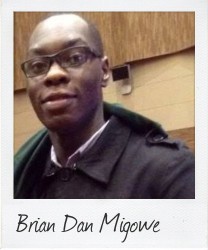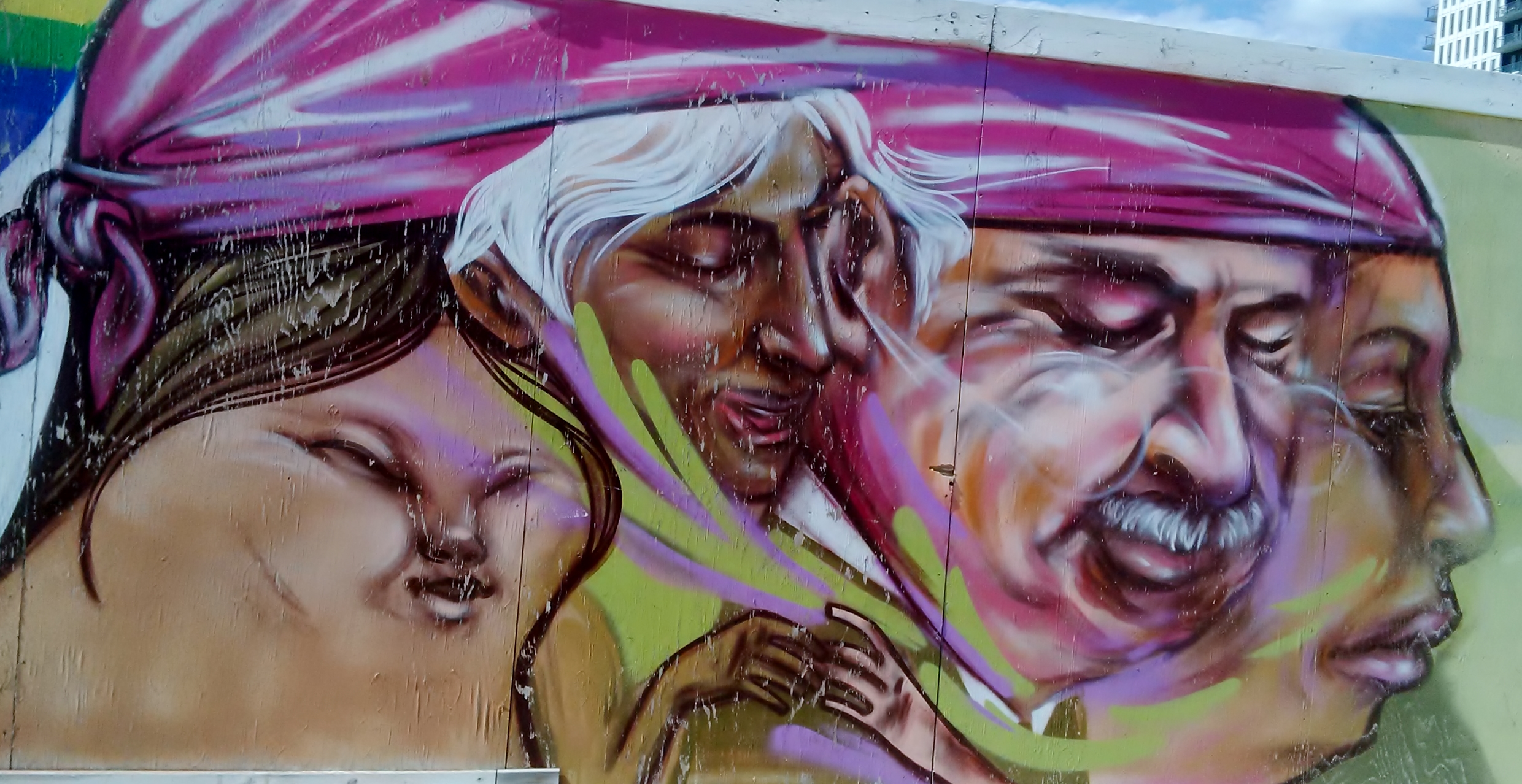“The voice for gender-inclusive policy”
September 4 Kenya’s constitution promises equality for women, but as Brian Dan Migowe, 24, a Commonwealth Correspondent from Kenya explains, there are still hurdles to women’s participation and leadership.
Kenya’s constitution promises equality for women, but as Brian Dan Migowe, 24, a Commonwealth Correspondent from Kenya explains, there are still hurdles to women’s participation and leadership.
As the independence curtains opened to usher in a new day, the 12th of December 1963 became a significant day for the epitome of the Kenyan struggles for independence.
Conflict and resentment that defined the colonial experience between the white settlers and the native Africans was finally coming to an end. Independence was, to a majority of people, expected to be a turning point. The African majority expected a reversal of all things in their favour. For the European settlers who had enjoyed everything in the pre-Uhuru government, there was fear and uncertainty over their future. They visualized a vengeful African-dominated government bent on retribution. The Asian group also feared, as they had enjoyed privileges and contributed to the young nation’s commercial life.
The term ’Harambee’ – all pull together – was given to Kenyan workers. For the purposes of national development, it would be worthy to liken the task ahead of the new nation to that of the workers with a burden which would only be overcome by working together to successfully heave up their heavy load.
Yes, this was for both the Kenyan man and woman, whose pre-colonial toil had to be recognised, appreciated and included in the country’s development. From the beginning, the goal was and has remained to be an equal share of proportionality between the Kenyan men and women; however, harmful traits of culture rooted within the communities that make this beautiful nation have continuously hampered the equal co-existence of men and women in this society. Discrimination laws based on culture, such as non-inheritance of land by women, need to be done away with.
Sociocultural attitudes continue to stereotype Kenyan women as incapable of undertaking leadership roles in this society. A close review of the four regimes that have led this country since independence portrays a picture of hope; hope that today’s government more than any other recognises the proportionality of gender equality at all levels, even as a smaller percentage of conservative groups cling to archaic cultural beliefs. These practises have no place in the 21st century.
The constitution promulgated in 2010 depicts an evolutionary process in which activism and a call to heed feminists in their demand for an equal share of treatment in a male dominated society can succeed. It is with the supremacy of this constitution that any law – including customary law that is inconsistent with the constitution – is void to the extent of the inconsistency, and any act or omission in contravention of this constitution is invalid. The cultural practises that disinherit women from their fathers’ land are therefore archaic and outlawed. The constitution espouses the rights of women as being equal in law to men, and entitled to enjoy equal opportunities in the political, social and economic spheres.
Education can eliminate harmful traits of culture and it is worth noting that over the last decade Kenya has made significant progress in education, achieving gender equality in primary school enrolment and a new progressive significance at secondary school level. But concerns persist that more than half of the secondary school aged girls are not enrolled, especially in pastoral communities.
The main reasons for this sorry state of affairs are the high level of poverty, resistance to modern adaptive cultures and discrimination. Change is inevitable and it needs to start now. In the security sector, the war against terrorism cannot be won without the involvement of the women from these communities. The past strategies and policing methods have neglected the important role that can be played by the women and the additional input their presence will add. One root of radicalisation is poor parenthood, and for the women of our society parenting has been the epitome of their role. President Obama in his recent visit to the country said: indeed it is stupid to have a football team where half of the players don’t participate. We need a score in the fight against terrorism and we need the score now. Therefore it is time for all the players and substitutes to get a chance to participate. Let the women be involved in the community policing programme.
For the entrepreneurial ladies of our society, the Global Entrepreneurship Summit held in Kenya was a noble platform to showcase the heights yet to be achieved and the strides already made. Let us support and recognise their efforts to bring social change in our land. For those in leadership and management positions, let the 21st century mark the revolutionary women’s leadership that seems to be the talk in town.
Back in the 20th century when this seemed ‘mission impossible’, one outstanding lady did the impossible. Frances Hesselbein tripled the membership of African Americans in the American Girl Scout Association and turned around the fortunes of the association. She did it. She viewed women’s leadership in our world as a platform for social change.
Like she did it, we can do it in our nation. I make a conscious effort to remember that tomorrow is another day to try again.
Photo: Regent Park wall by Pat Halpin
………………………………………………………………………………………………………
About me: I am a law student with a passion for writing and youth advocacy. I observe people, nature, the environment and daily life and am enthusiastic about sharing them on pen and paper.
I am an open-minded individual who acknowledges the diversity of the world’s population. Sometimes I am awed by how life plays out, but in writing I make the story as I want it. My hobbies are swimming and indoor games.
…………………………………………………………………………………………………………………
Opinions expressed in this article are those of the author and do not necessarily represent the views of the Commonwealth Youth Programme. Articles are published in a spirit of dialogue, respect and understanding. If you disagree, why not submit a response?
To learn more about becoming a Commonwealth Correspondent please visit: http://www.yourcommonwealth.org/submit-articles/commonwealthcorrespondents/
…………………………………………………………………………………………………………………




